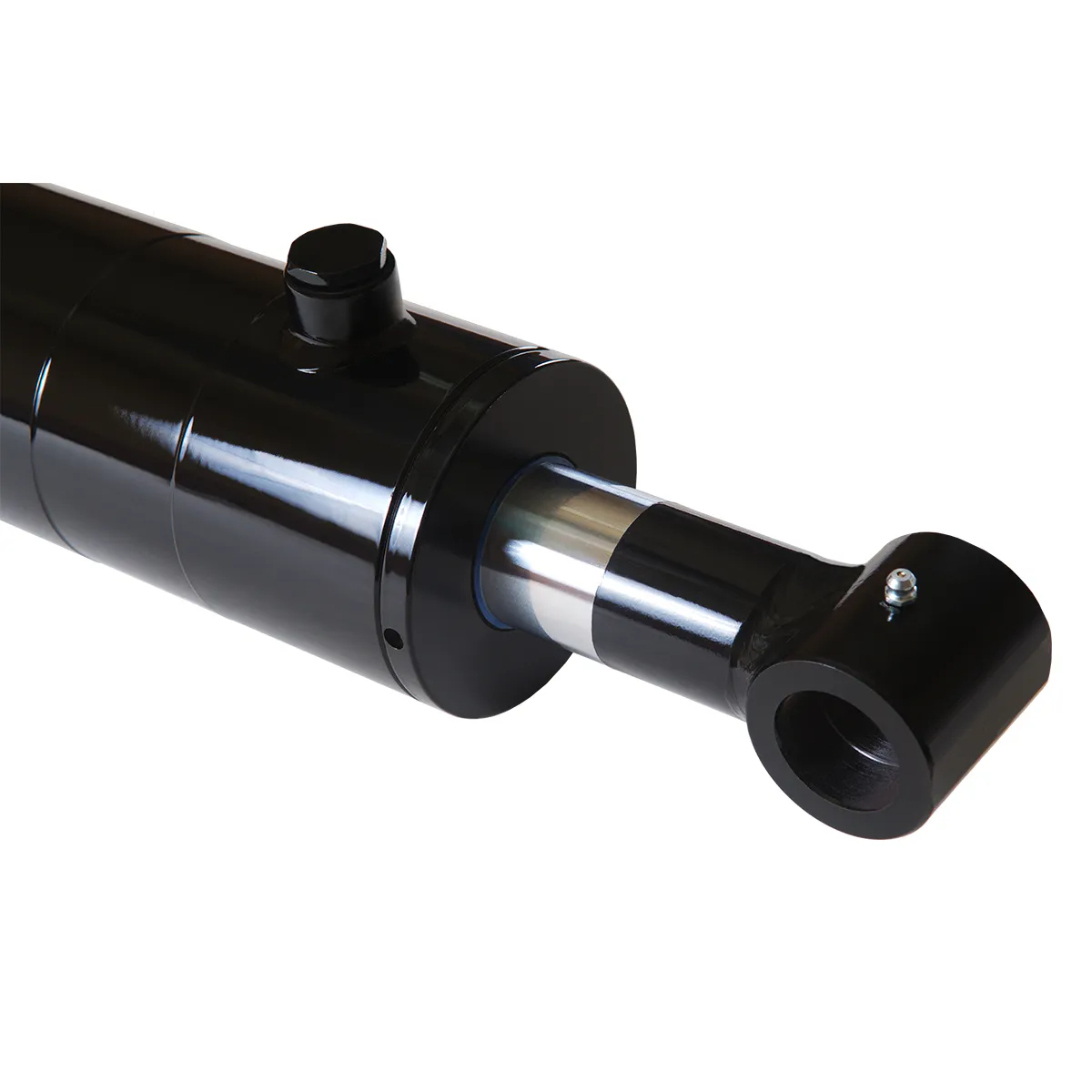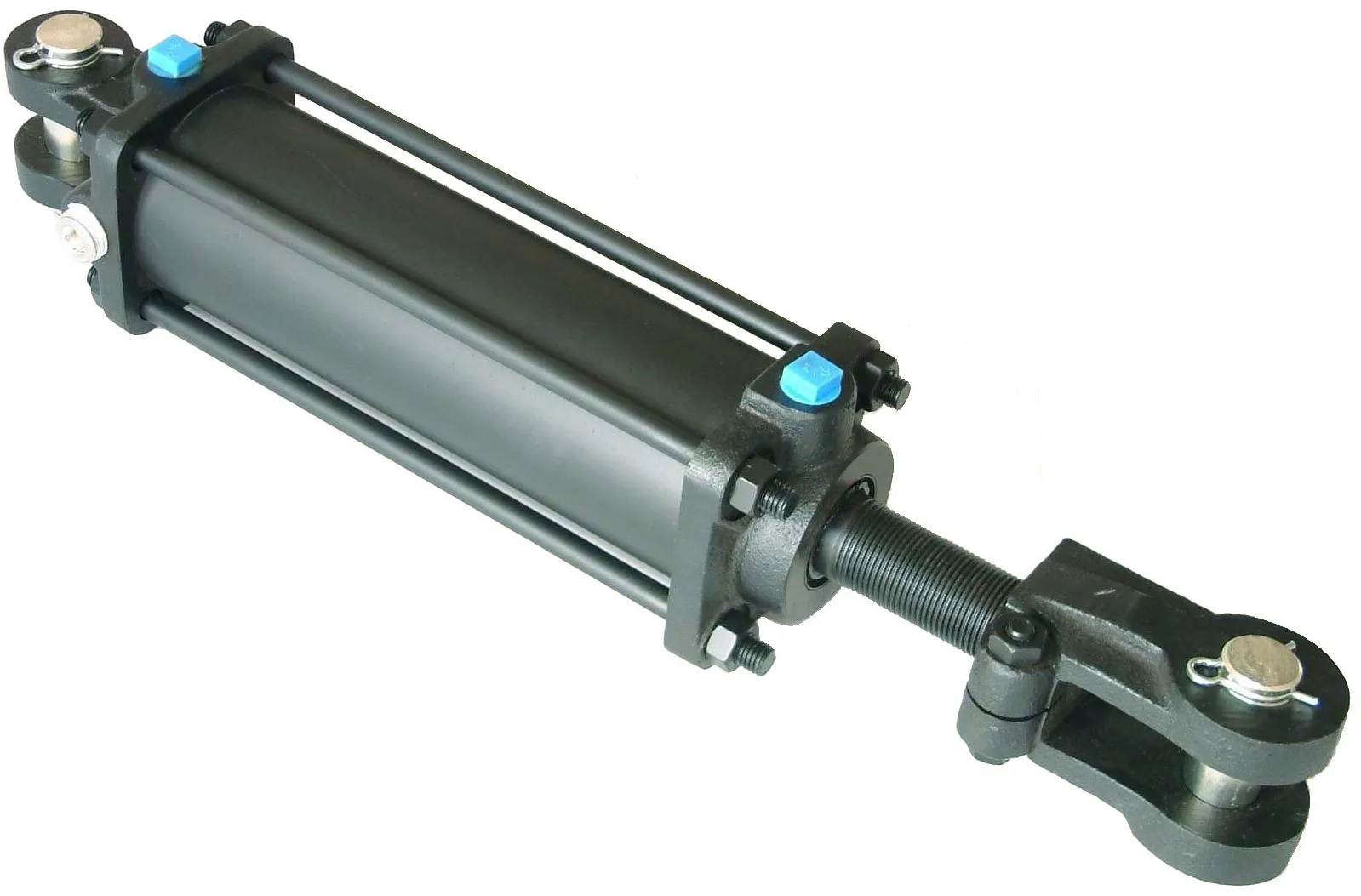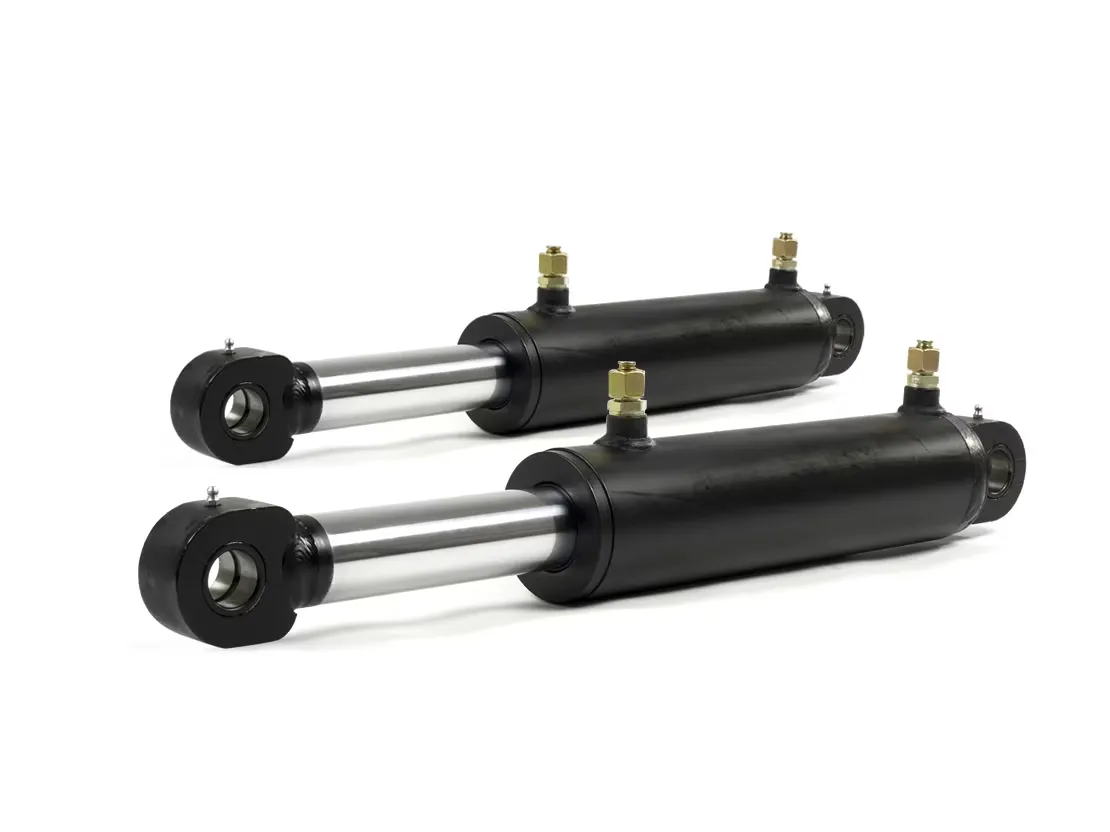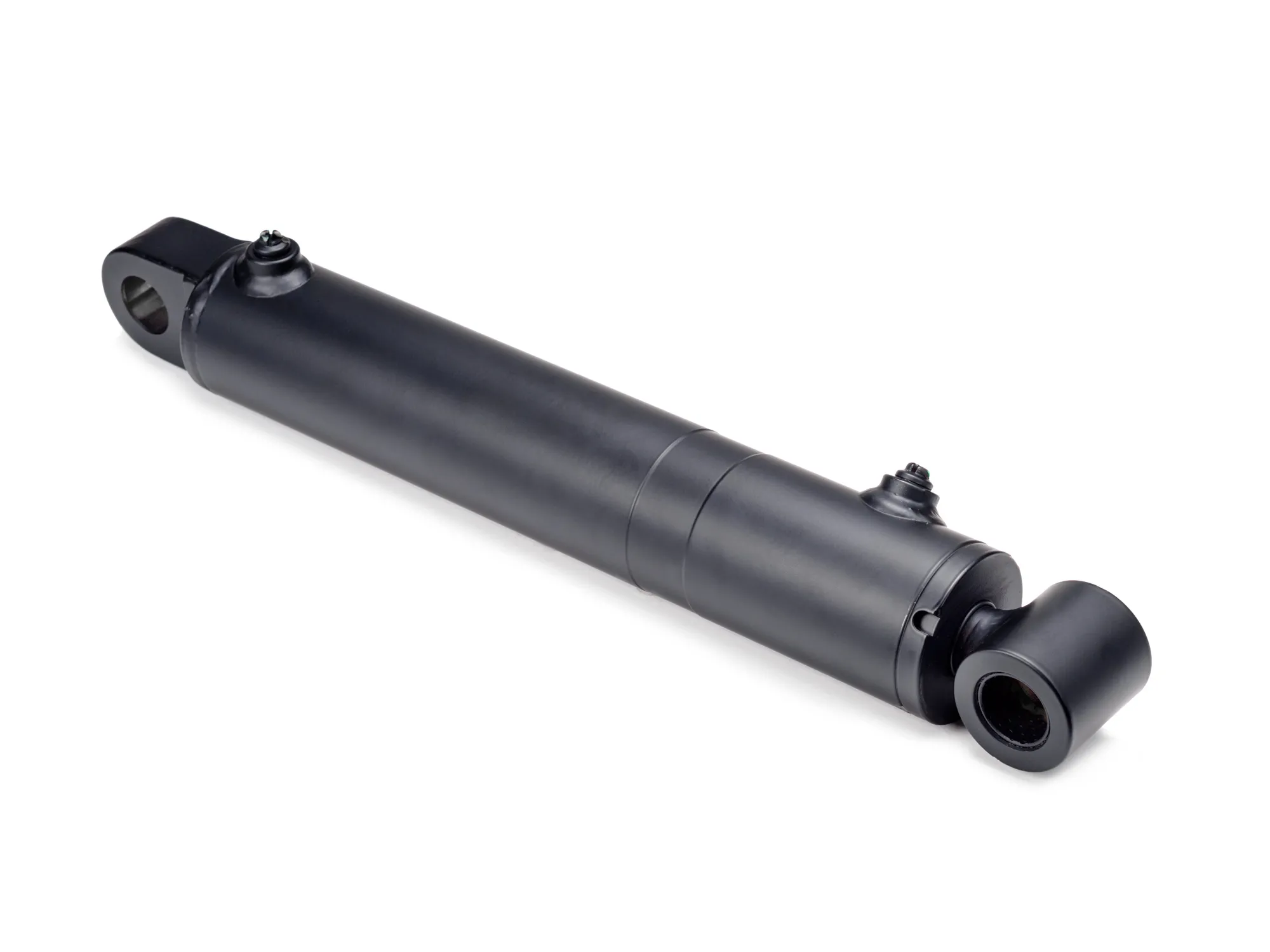Exploring the Spring-Return Single-Acting Hydraulic Cylinder for Compact Excavators
Introduction to the Spring-Return Single-Acting Hydraulic Cylinder
Spring-return single-acting oil cylinder is a hydraulic cylinder that utilizes hydraulic oil to expand the piston. When the pressure is released, the built-in spring automatically retracts the piston.
Design and Construction Characteristics
- Single-Acting Structure: Hydraulic oil pressure is used to move the piston in one direction, with the return dependent on the spring.
- Spring Selection: Choosing the right spring ensures quick and complete reset after pressure release.
- Sealing Design: High-quality seals prevent oil leakage and ensure system efficiency.
- Strength and Durability: High-strength materials are selected to withstand high pressure and impact.
Construction and Assembly Process
The assembly process requires precise component alignment, especially for the piston and cylinder block, to reduce friction and wear. Strong welding and connections are essential to prevent oil leakage under high pressure. Testing and debugging are crucial to ensure proper functionality.
Working Principle of the Spring-Return Single-Acting Hydraulic Cylinder
When hydraulic oil is pumped into the cylinder, it pushes the piston outward. The spring mechanism retracts the piston when the pressure is released.
Types and Configurations
There are three main types of spring-return single-acting hydraulic cylinders, each with specific configurations tailored to different applications.
Key Benefits
- Safety – Automatic reset reduces the risk of accidents.
- Simplicity – Easy to understand and maintain.
- Cost-Effective – Economical compared to double-acting cylinders.
- Flexible Operation – Suitable for various applications.
Application Scenarios
Spring-return single-acting cylinders are used in industrial machinery, construction equipment, agricultural machinery, automotive industry, packaging, and handling.
Design Considerations and Selection Criteria

Factors such as bearing capacity, sealing, durability, safety, and maintainability should be considered when designing and selecting hydraulic cylinders.
Sealing and Lubrication
Proper seals and lubrication are essential for maintaining the performance of hydraulic cylinders.
Preventive Maintenance

Regular inspection and maintenance help prolong the lifespan of hydraulic cylinders.
Installation Guide
Correct installation of hydraulic cylinders is crucial for optimal performance.
Maintenance Tasks

Regular inspection, proper lubrication, seal replacement, and calibration are key maintenance tasks for hydraulic cylinders.
Safety Considerations
Safety measures should be prioritized when using hydraulic cylinders to prevent accidents.
Fault Diagnosis and Common Problems
Understanding common issues and troubleshooting tips can help resolve problems efficiently.
Unit Power
Unit power is a critical factor in evaluating the performance of hydraulic systems.
Optimizing Hydraulic Power Unit

Optimizing the power unit can enhance efficiency, save energy, and improve reliability.
FAQs
Answering common questions about spring-return single-acting hydraulic cylinders.
Long-Tail Keywords
Explaining three long-tail keywords related to spring-return single-acting hydraulic cylinders.
Company Focus
Our company is a leading manufacturer and distributor of hydraulic cylinders, offering a complete product line and customized services.
Author: lyl
